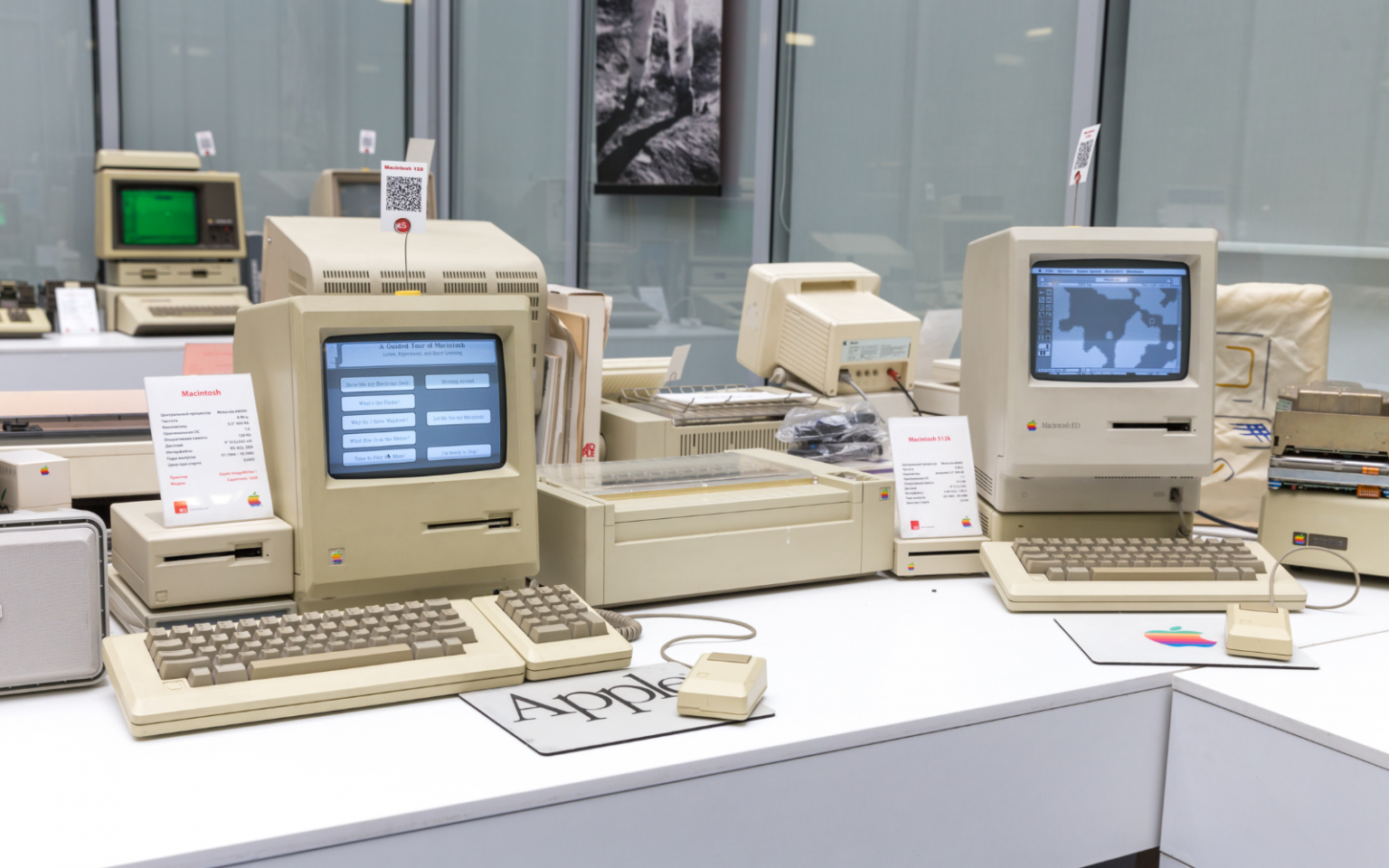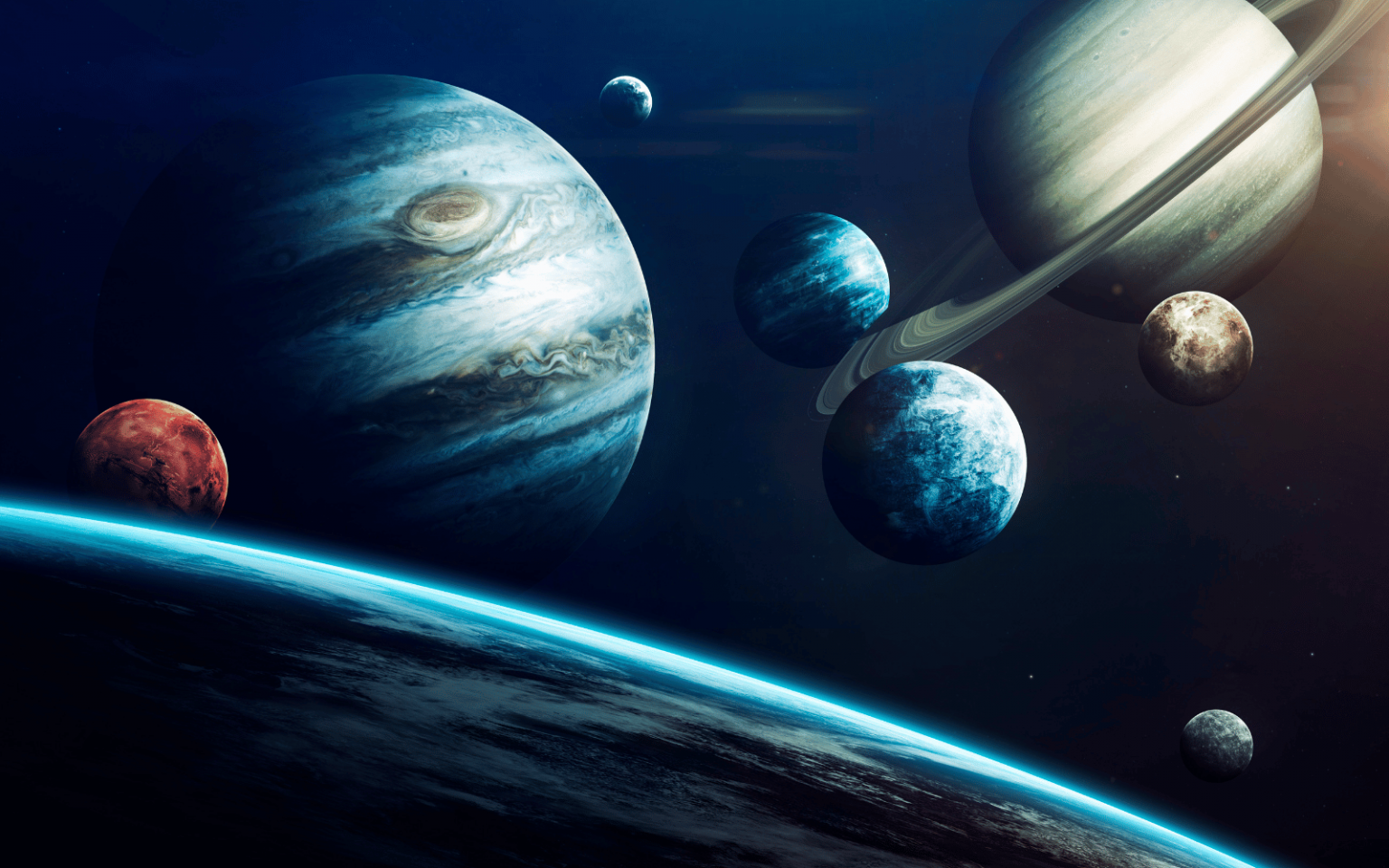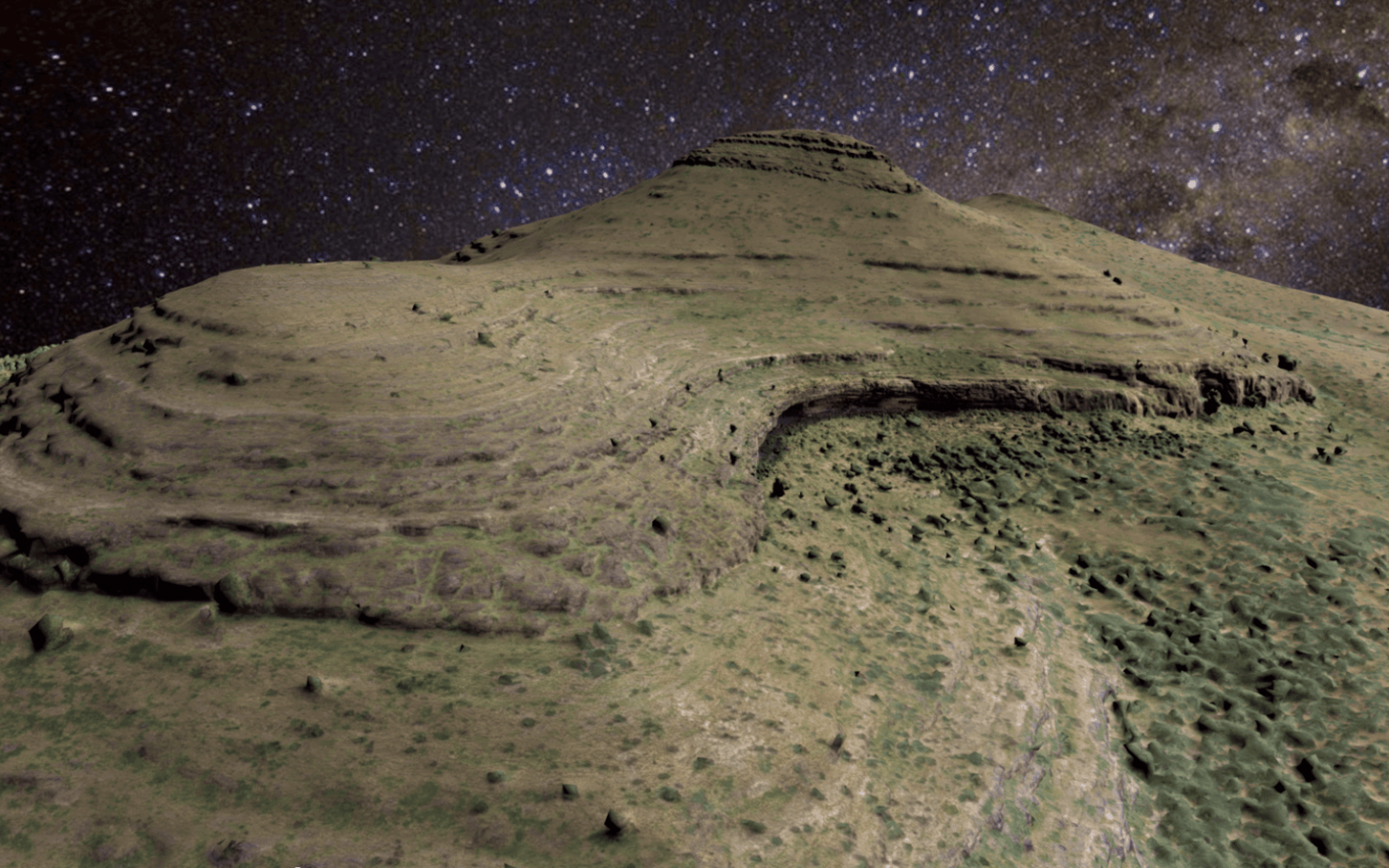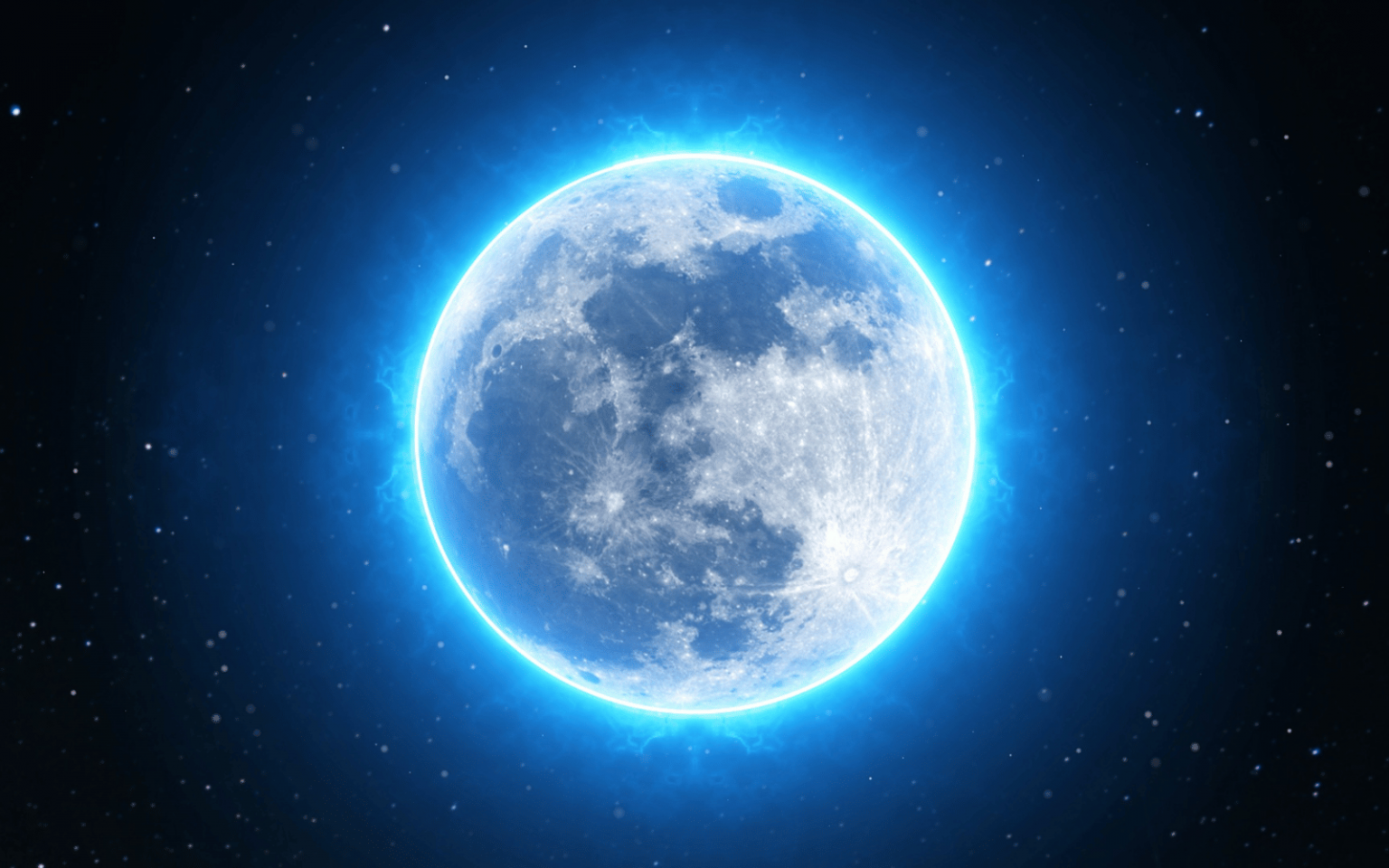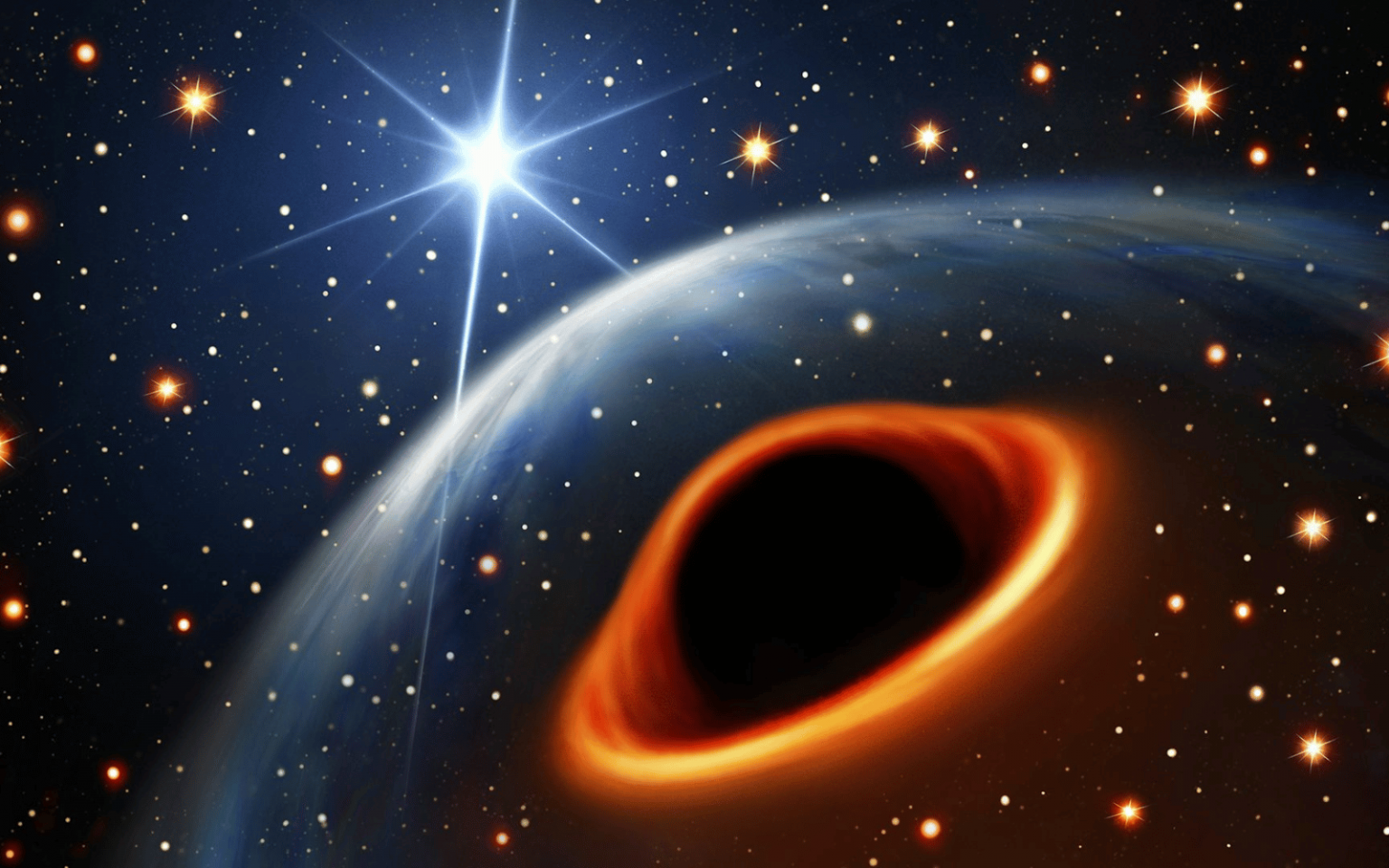On December 27, 2023, the New York Times (NYT) filed a lawsuit in the Federal District Court in Manhattan against Microsoft and OpenAI, the creator of ChatGPT, alleging that OpenAI had unlawfully used its articles to create artificial intelligence (AI) products. Citing copyright infringement and the importance of independent journalism to democracy, the newspaper further alleged that even though the defendant, OpenAI, may have “engaged in wide scale copying from many sources, they gave Times content particular emphasis” in training generative artificial intelligence (GenAI) tools such as Generative Pre-Trained Transformers (GPT). This is the kind of technology that underlies products such as the AI chatbot ChatGPT.…
Author: The Conversation
A single burst of light is precisely aimed at a tiny drone flying at breakneck speed far in the distance. Instants later, the deactivated drone crashes into the sea. Not a sound made, no human casualties, no messy explosions. A lethal, multimillion-dollar drone cleanly taken out by a shot that cost less than a good bottle of wine. If you think this is a scene from a sci-fi movie, think again. Only a few days ago, a team of UK scientists and engineers successfully demonstrated that this is viable technology that could find its way on to the battlefield in the next…
Technology innovation requires solving hard technical problems, right? Well, yes. And no. As the Apple Macintosh turns 40, what began as Apple prioritizing the squishy concept of “user experience” in its 1984 flagship product is, today, clearly vindicated by its blockbuster products since. It turns out that designing for usability, efficiency, accessibility, elegance and delight pays off. Apple’s market capitalization is now over US$2.8 trillion, and its brand is every bit associated with the term “design” as the best New York or Milan fashion houses are. Apple turned technology into fashion, and it did it through user experience. It began…
Some of us remember August 24 2006 like it was yesterday. It was the day Pluto got booted from the exclusive “planets club”. I (Sara) was 11 years old, and my entire class began lunch break by passionately chanting “Pluto is a planet” in protest of the information we’d just received. It was a touching display. At the time, 11-year-old me was outraged – even somewhat inconsolable. Now, a much older me wholeheartedly accepts: Pluto is not a planet. Similar to Sara, I (Rebecca) vividly remember Pluto’s re-designation to dwarf status. For me, it wasn’t so much that the celestial…
These days, if you want to visit remarkable archaeological sites such as Great Zimbabwe or Petra in Jordan you don’t even need to leave your house. 3D scanning technology has improved in leaps and bounds in the last two decades and become much more affordable. This has led to numerous archaeological and heritage sites appearing on online interactive 3D platforms such as Sketchfab. Unlike still images and videos, 3D models offer enhanced interaction, enabling users to navigate and perceive a place from various perspectives. But while technology has raced ahead, there is a noticeable lag in the establishment of best practice guidelines within the field.…
How does time spent online, and especially social media, affect the brains and behaviours of children and youth? Social media platforms are seemingly designed to capture the attention of users and produce habitual checking of apps and notifications. In recent years, our lives have become increasingly dominated by social media, either as a source of information, entertainment, or just a way to connect with others. In Canada alone, more than 30 million social media accounts are currently registered, with teenagers one of the highest user groups. During the COVID-19 pandemic, young people were drastically affected by the sudden shift to a digital world…
When NASA attempted to return to the Moon for the first time in 50 years on January 8, more was at risk than just US$108 million worth of development and equipment. The agency earned the ire of the Native American Navajo people, who made a bid to stop the launch because of an unusual inclusion in the payload. The Peregrine lander (which completed its controlled re-entry into the atmosphere late last week) was carrying human ashes, including those of famed science fiction author Arthur C. Clarke. A commercial partnership also allowed paying customers to send their mementos to the Moon. As space exploration becomes…
Sometimes astronomers come across objects in the sky that we can’t easily explain. In our new research, published in Science, we report such a discovery, which is likely to spark discussion and speculation. Neutron stars are some of the densest objects in the universe. As compact as an atomic nucleus, yet as large as a city, they push the limits of our understanding of extreme matter. The heavier a neutron star is, the more likely it is to eventually collapse to become something even denser: a black hole. These astrophysical objects are so dense, and their gravitational pulls so strong, that…
Concern about generative artificial intelligence technologies seems to be growing almost as fast as the spread of the technologies themselves. These worries are driven by unease about the possible spread of disinformation at a scale never seen before, and fears of loss of employment, loss of control over creative works and, more futuristically, AI becoming so powerful that it causes extinction of the human species. The concerns have given rise to calls for regulating AI technologies. Some governments, for example the European Union, have responded to their citizens’ push for regulation, while some, such as the U.K. and India, are taking a more…
Many prominent people in the tech industry have talked about the increasing convergence between humans and machines in the coming decades. For example, Elon Musk has reportedly said he wants humans to merge with AI “to achieve a symbiosis with artificial intelligence”. His company Neuralink aims to facilitate this convergence so that humans won’t be “left behind” as technology advances in the future. While people with disabilities would be near-term recipients of these innovations, some believe technologies like this could be used to enhance abilities in everyone. These aims are inspired by an idea called transhumanism, the belief that we should use…



